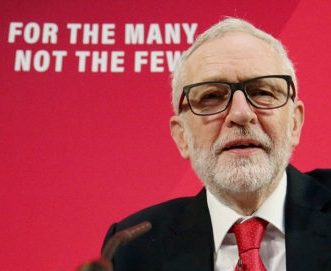UK households would save £7.8 billion a year if water, energy grids, and Royal Mail were nationalised, according to a new report by the University of Greenwich for We Own It.
Households would be £142 better off a year on average as a result of nationalising energy grids, and £113 better off if English water companies were nationalised.
This is after compensating for returning shareholders’ investment under nationalisation, which would cost £49.7 billion.
This figure is significantly lower than the £200 billion quoted by the Confederation of British Industry (CBI) as it would only repay shareholders the money they invested, rather than paying ‘market values’, which would result in excessive returns at the expense of UK households.
There is no legal obligation for the government to pay market value when nationalising industries. Both Labour and Conservative governments have nationalised without paying full compensation.
For example, Labour nationalised Railtrack in 2002 for £500 million, a sum the courts accepted as lawful.
Professor David Hall, co-author of the report, said “nationalisation would pay for itself in less than seven years”.
Meanwhile, the £3.6 billion takeover of Royal Mail by Czech billionaire Daniel Křetínský is due to complete later this month.
Renationalising water companies
Public ownership of water companies would reduce water bills by £3–5bn a year.
The report finds 35p of every £1 on English water bills goes to shareholders. In Scotland, just 8p in every £1 goes to shareholders, and bills are £113 lower.
“We’re all paying a 35% ‘privatisation tax’ on our water bills,” said Matthew Topham, lead campaigner at We Own It. “By ditching private shareholders and bringing water back into public ownership, we will save up to £5 billion a year.”
The government has previously claimed it would cost up to £100 billion to renationalise water.
The figure has been widely debunked, with Labour MP Clive Lewis calling it “a smokescreen by private companies” to protect private ownership.
Topham added: “By refusing to take water into public ownership, the government is starving our water sector of billions of investment every single year – they must act now before the entire system collapses.”


